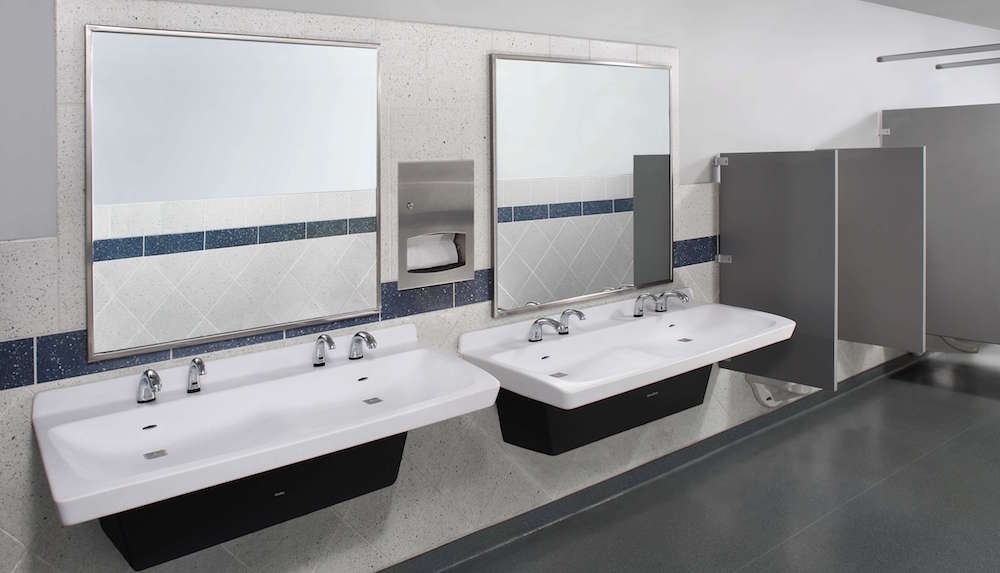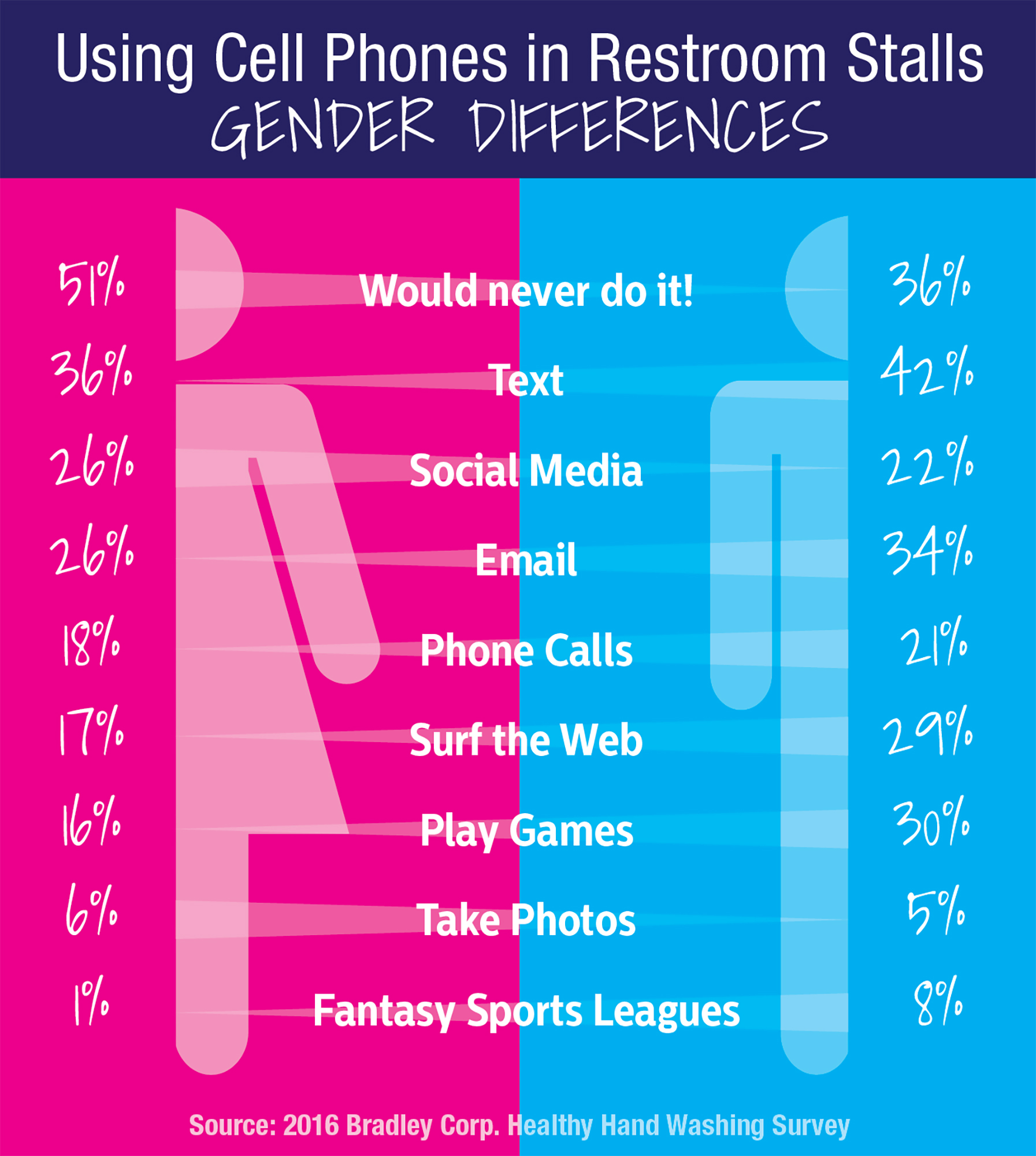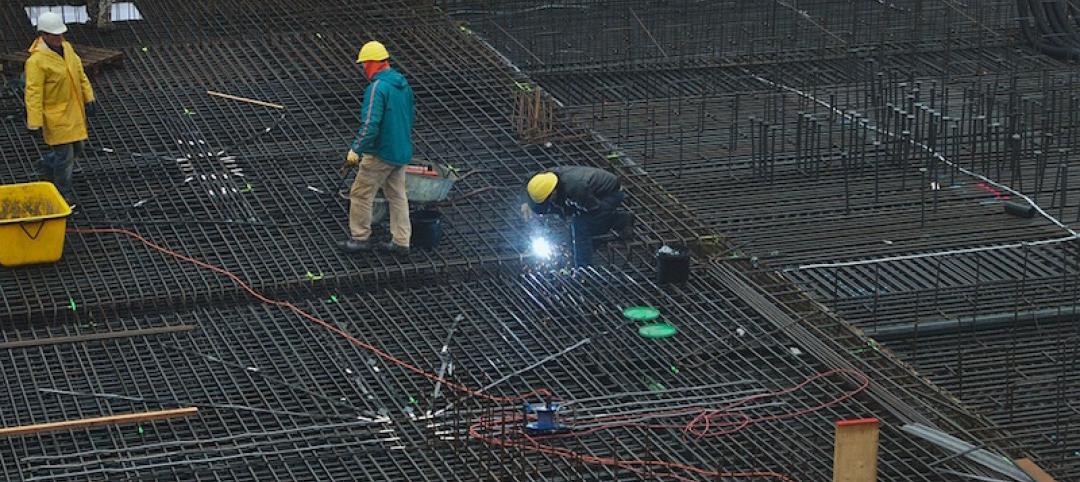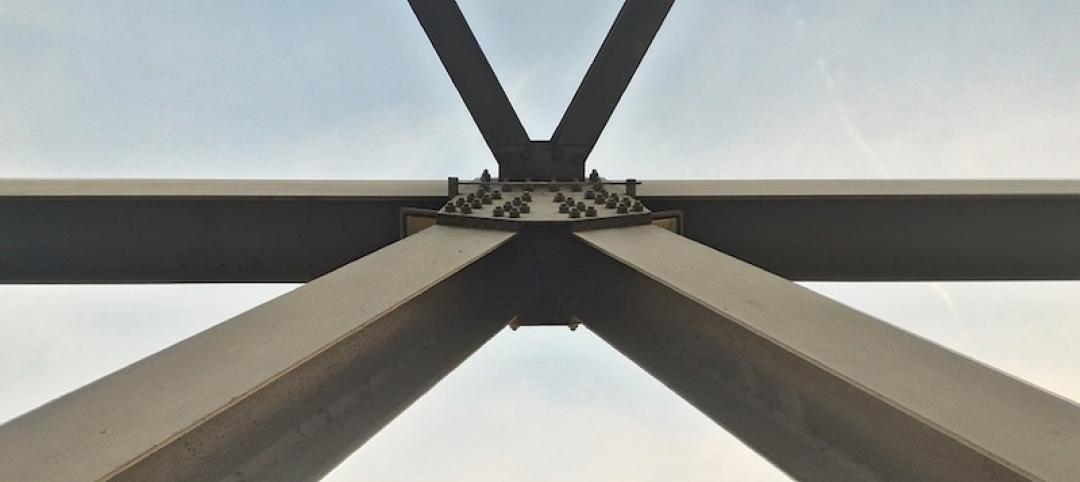The restroom fixture manufacturer Bradley released its 2016 Healthy Hand Washing Survey, which gives some insight into bathroom problems, usage, and possible improvements.
The results come from a national online survey of 1,062 American adults split nearly evenly among men and women. They were asked about their hand washing habits in public restrooms and concerns about germs and sanitation.
Bradley identified 10 trends in public bathrooms:
- Respondents use their cell phones in restroom stalls, using their devices to text, surf the web, and check social media and email. Eight percent of men say they’ve checked their fantasy sports league while in a stall.
- People try to avoid touching surfaces like door handles, stall doors, faucets, sinks, and soap and towel dispensers.
- People make an effort to dodge germs. They operate the toilet flusher with their foot, use a paper towel when touching the restroom door and faucet handles, and open and close doors with their hip.
- The most frustrating restroom situation is empty or jammed toilet paper dispensers. People also dislike partition doors that don’t latch, empty or jammed towel or soap dispensers, and bathrooms that appear dirty.
- Respondents judge businesses based on a restroom’s cleanliness. Most say that a messy restroom indicates poor management and a lack of concern about appearance or customer satisfaction.
- Nearly 70% say they have had an unpleasant experience because of the conditions in a public restroom. The figure is up from 51% in 2012.
- People aren’t as fond of their workplace restrooms anymore. Only half now describe the restrooms at their workplace as excellent or very good, compared to 66% in 2012.
- Almost 80% say they frequently or occasionally see others leave a public restroom without washing their hands. Twenty percent of men disclosed they skip washing because they didn’t feel the need.
- Of those who say they don’t wash their hands, most attribute that to a lack of resources like soap or paper towels, or dirty or broken sinks.
- People would like to see public bathrooms add touchless fixtures and paper towels (even if there are dryers). More frequent cleanings are also a suggestion.
Related Stories
Market Data | Jun 21, 2017
Design billings maintain solid footing, strong momentum reflected in project inquiries/design contracts
Balanced growth results in billings gains in all sectors.
Industry Research | Jun 15, 2017
Commercial Construction Index indicates high revenue and employment expectations for 2017
USG Corporation (USG) and U.S. Chamber of Commerce release survey results gauging confidence among industry leaders.
Industry Research | Jun 13, 2017
Gender, racial, and ethnic diversity increases among emerging professionals
For the first time since NCARB began collecting demographics data, gender equity improved along every career stage.
Industry Research | May 25, 2017
Project labor agreement mandates inflate cost of construction 13%
Ohio schools built under government-mandated project labor agreements (PLAs) cost 13.12 percent more than schools that were bid and constructed through fair and open competition.
Market Data | May 24, 2017
Design billings increasing entering height of construction season
All regions report positive business conditions.
Market Data | May 24, 2017
The top franchise companies in the construction pipeline
3 franchise companies comprise 65% of all rooms in the Total Pipeline.
Industry Research | May 24, 2017
These buildings paid the highest property taxes in 2016
Office buildings dominate the list, but a residential community climbed as high as number two on the list.
Market Data | May 16, 2017
Construction firms add 5,000 jobs in April
Unemployment down to 4.4%; Specialty trade jobs dip slightly.
Industry Research | May 4, 2017
How your AEC firm can go from the shortlist to winning new business
Here are four key lessons to help you close more business.
Engineers | May 3, 2017
At first buoyed by Trump election, U.S. engineers now less optimistic about markets, new survey shows
The first quarter 2017 (Q1/17) of ACEC’s Engineering Business Index (EBI) dipped slightly (0.5 points) to 66.0.


















